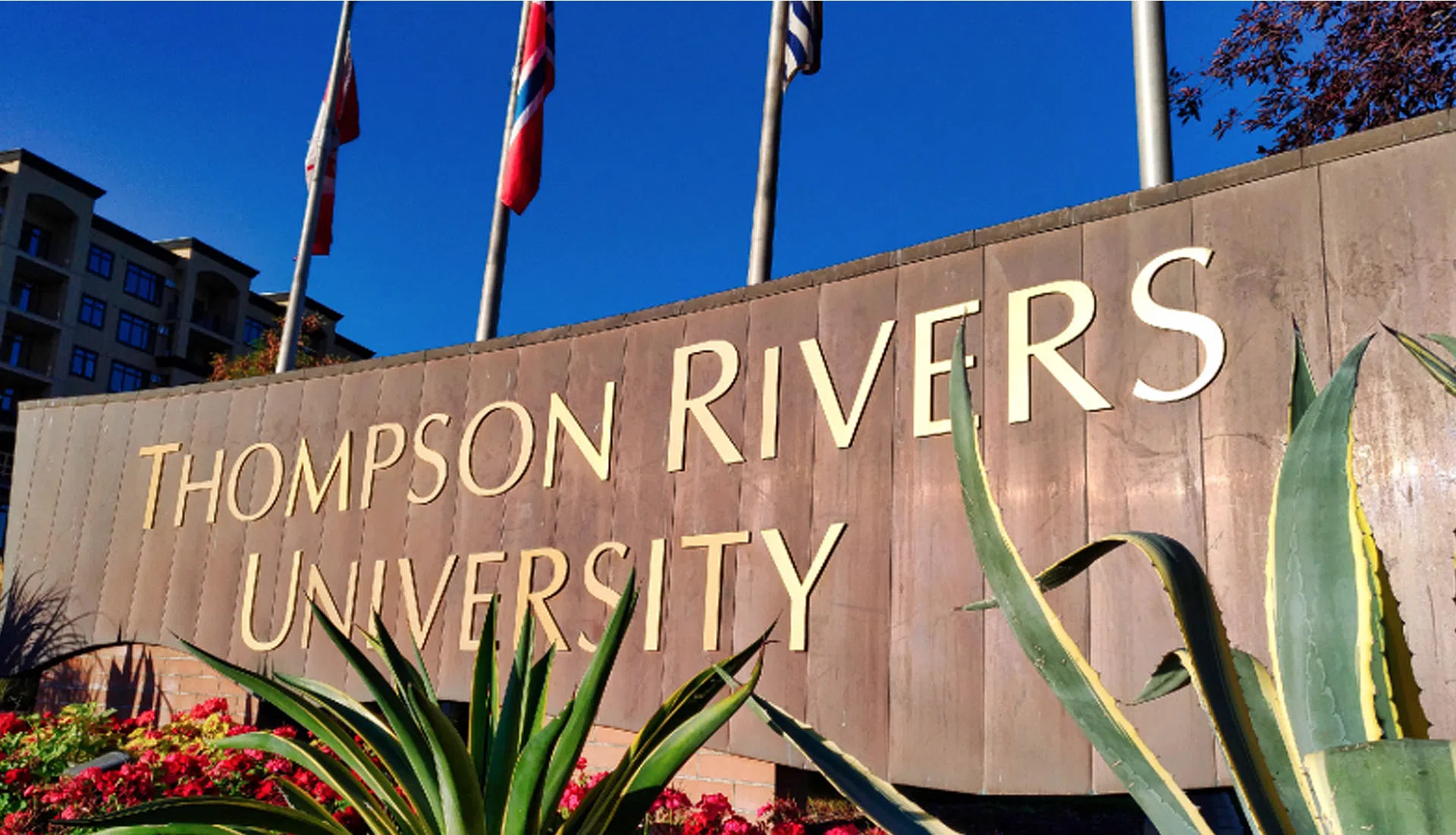
(Photo: Continental Institute for International Studies)
Thompson Rivers University in Kamloops says it is too early to say how the new two-year cap on international student visas will impact them.
The Federal Government announced yesterday that it was temporarily reducing new study visas by 35 per cent in 2024, in a bid to address housing supply issues.
TRU International Student Services Associate Director Reuben Onyango it’s hard to say how it will impact TRU.
“I think the big unknown is how the study permits will be allocated,” Onyango said on NL Mornings.
Onyango suggests it will be a waiting game as TRU waits to hear from the B.C. Government how many study visas it will allocate to each post-secondary institution in the province.
“Right now we just need to be cool, calm, and collected, see what the new developments will be especially the study permit allocations and then we will go from there,” Onyango said.
“I think two years will be enough time for the government and institutions to gather enough data to inform how things should move forward.”
Onyango says TRU will begin working to understand the potential effects these changes will have on them, including the financial impact.
“The new limits will likely impact our makeup and bottom line but at this point we don’t know how,” said Onyango.
“The number of international students has continued to grow over the years, but we’ve always recruited to what capacity were we given by other institutions, so I think we’re in a much better position compared to many, many institutions around the country in that regard.”
In a report to the TRU Senate Monday, university president Brett Fairbairn said there were just over 4,600 international students enrolled for the winter 2024 semester, making up nearly half the roughly 9,600 students currently at TRU.
“Fall 2024 applications and admissions are underway, and while we are early in this process, domestic applications and admissions are currently tracking slightly higher than last year at the same time,” Fairbairn said.
“International applications and admissions are down by 34 per cent and 24 per cent, respectively, due to efforts to manage the Kamloops campus’s international headcount to around 4,500 students.”
Immigration Minister Marc Miller said on Monday that while some regions will see a 35 per cent overall reduction in the number of new study visas issued this year, others like Ontario, will see a reduction of 50 per cent or more.
Miller says the government will also bar students in schools that follow a private public model from accessing postgraduate work permits as of Sept. 1.
The government also says in a few weeks, open work permits will only be available for the spouses of students enrolled in masters and doctoral programs, as well as professional programs such as medicine and law.
Miller says the federal government will work with provinces, who up to this point have not moved to fix the problem as quickly as he would have liked.
– With files from The Canadian Press and Victor Kaisar















